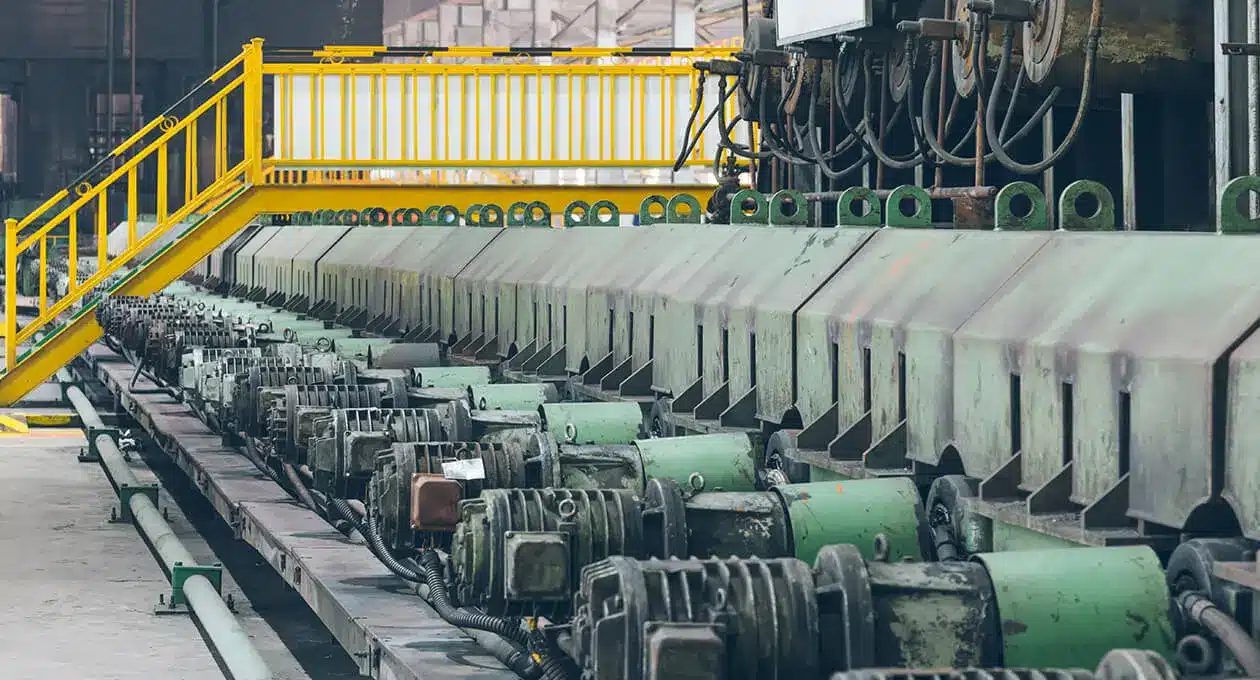Energy stands at the forefront of global challenges, playing a significant role in shaping international policies, forming numerous agreements, unions, and international conflicts, and being one of the key factors for production function. With the global industrial advancements, there is an increasing need for graduates in Energy Systems Engineering who provide solutions to energy supply and security issues, which are expected to be major challenges in the coming years.
Energy Systems Engineering studies the efficient, safe, and economical generation and transmission of various forms of energy, allowing their use in various industrial fields. It has become one of the most important engineering fields lately due to the economic necessity of seeking alternative renewable energy forms. This engineering field covers various topics, including traditional, renewable, hydrogen, bioenergy, nuclear energy, energy planning, management, exploration, production, administration, transportation, and distribution.
The academic programs in Energy Systems Engineering aim to develop human capital capable of finding solutions to energy problems and utilizing them optimally. Energy Systems Engineers also play important roles in reducing reliance on imported energy from foreign countries and identifying energy utilization strategies that enable the efficient use of local and environmentally friendly energy resources.
Curriculum for Energy Systems Engineering Programs
Students cover diverse theoretical and applied subjects. Below is the academic program content for Energy Systems Engineering at a Turkish university. Students should refer to the official website of the university they are enrolled in to know the detailed academic content.
First Academic Year
- Comprehensive Differential and Integral Calculus
- General Physics
- Computer Programming
- Computer-Aided Modeling
- Introduction to Materials Engineering
- Fundamentals of Energy Systems Engineering
- General Chemistry
Second Academic Year
- Statistics and Linear Algebra
- Thermodynamics and dynamics
- Introduction to Electrical Engineering
- Differential Equations
Third Academic Year
- Numerical Methods
- Fluid Mechanics
- Heat and Mass Transfer
- Electromechanical Energy Conversion
- Nuclear Energy
In addition to summer training, which allows the student to apply what he has learned practically.
Fourth Academic Year
- Engineering Economics
- Energy Management
- Preparation of Graduation Project in Energy Systems Design
Job Opportunities for Graduates
Graduates can work in the local and international private sectors, governmental and non-governmental organizations, power generation stations, major industrial companies, natural gas production and transportation companies, and energy research centers. Job titles include:
- Renewable Energy Engineers
- Energy Efficiency Engineers
- Nuclear Energy Engineers
- Water Engineers
- Solar Energy Engineers
- Wind Engineers




